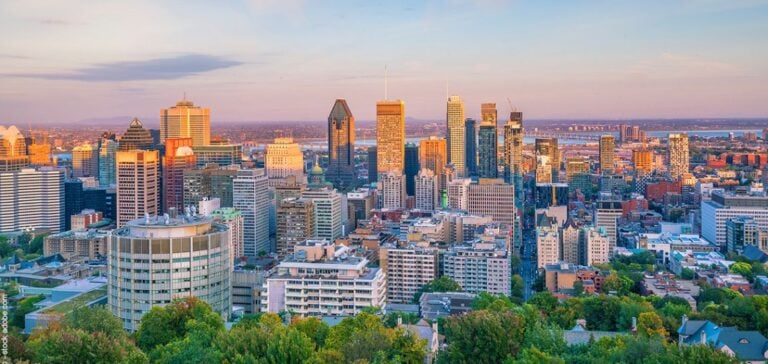Quebec, through the Ministère de l’Environnement, de la Lutte contre les changements climatiques, de la Faune et des Parcs (MELCCFP), is announcing the sale of carbon credits by mutual agreement, scheduled for September 26, 2024.
This initiative is part of the cap-and-trade system for greenhouse gas (GHG) emissions, offering an alternative to companies experiencing difficulties in obtaining the credits they need to comply.
Background to the Carbon Market
The cap-and-trade system requires companies to acquire carbon credits to cover their GHG emissions.
For the 2021-2023 compliance period, these companies must submit the required eligible credits by November 1, 2024.
The sale by mutual agreement offers an additional solution for companies experiencing difficulties in obtaining these credits.
Publication of the notice of sale marks the start of the application period.
This notice includes the number of carbon credits available, prices by category and application requirements.
The application period closes on August 26, 2024.
Interested companies will be required to submit their bids in accordance with the established criteria for participating in this sale, thus ensuring a fair and transparent process.
Sale Details
Mutual agreement sales, provided for under the cap-and-trade regulations, are designed to offer additional credits to companies.
This sale is crucial for companies struggling to acquire sufficient carbon credits on the primary or secondary market.
Details of the number of credits, price categories and application procedures are clearly specified in the notice of sale published by the MELCCFP.
This initiative could stabilize carbon credit prices on the market, thus avoiding higher costs for companies.
It also reflects Quebec’s commitment to fighting climate change and supporting companies in their compliance efforts.
Implications for Business
Companies should prepare for this sale by assessing their carbon credit needs and submitting their applications before the deadline.
The sale by mutual agreement could have a significant impact on their carbon credit acquisition and management strategies for future compliance periods.
The transparency and fairness of the process are essential to maintain companies’ confidence in the cap-and-trade system.
The success of this sale could encourage other provinces to adopt similar measures, strengthening the national fight against climate change.
Companies need to keep abreast of regulatory developments and the opportunities offered by this type of sale to optimize their compliance and environmental management.
Quebec’s announcement of the sale of carbon credits by mutual agreement represents an important step forward for the cap-and-trade system.
By offering a viable solution to companies in difficulty, the MELCCFP is strengthening the robustness of the carbon market and supporting efforts to combat climate change.
This initiative could also serve as a model for other jurisdictions, contributing to a more harmonized and effective approach to regulating GHG emissions.






















